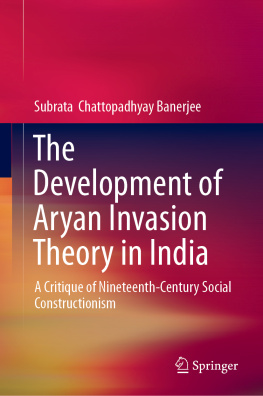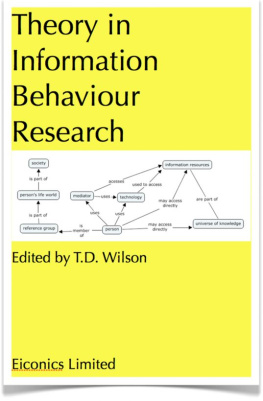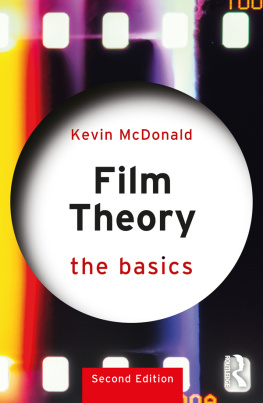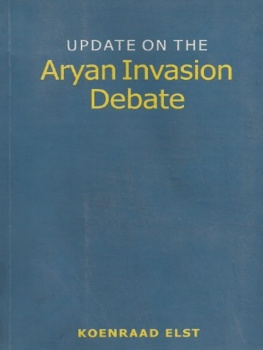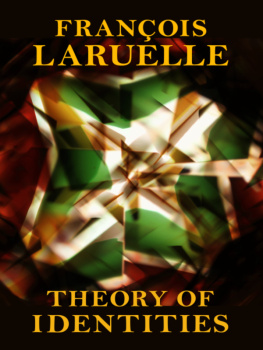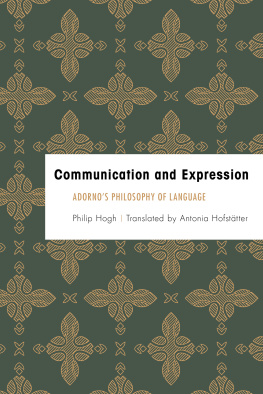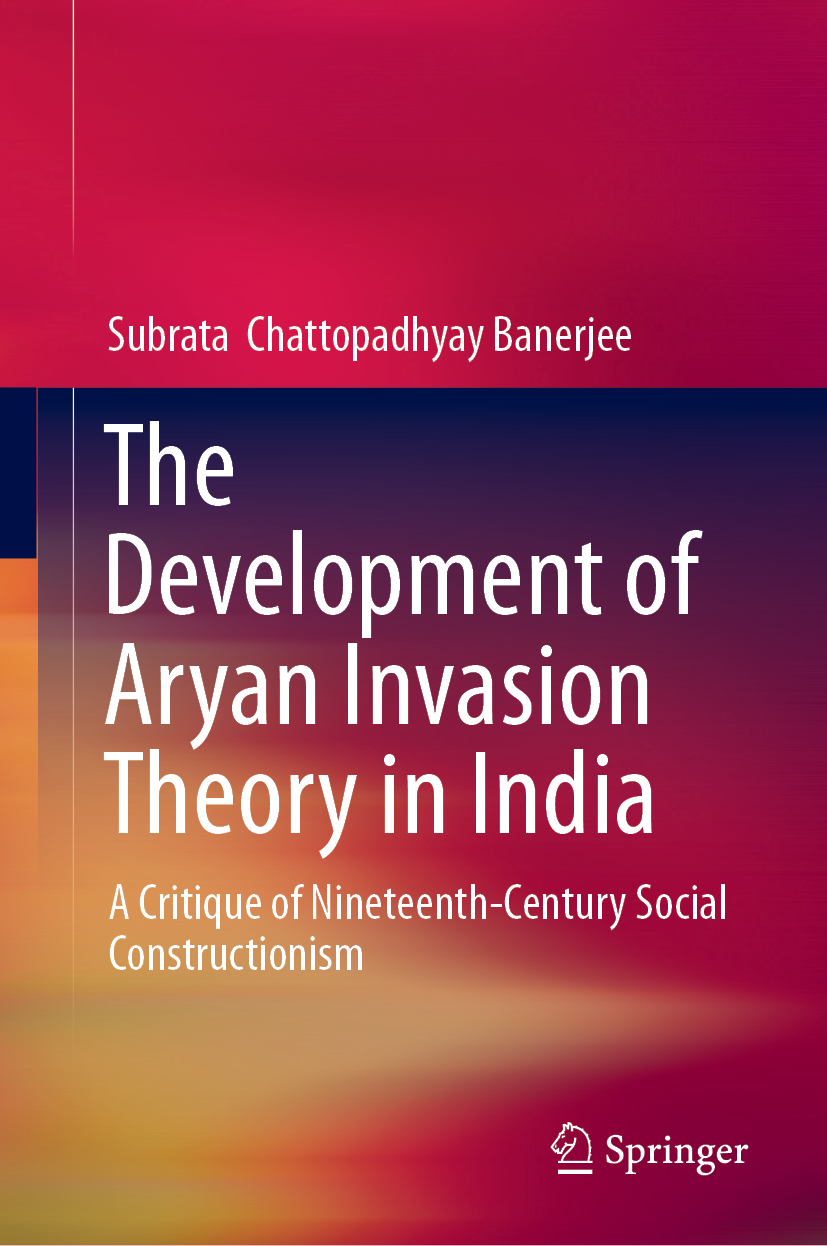Subrata Chattopadhyay Banerjee - The Development of Aryan Invasion Theory in India: A Critique of Nineteenth-Century Social Constructionism
Here you can read online Subrata Chattopadhyay Banerjee - The Development of Aryan Invasion Theory in India: A Critique of Nineteenth-Century Social Constructionism full text of the book (entire story) in english for free. Download pdf and epub, get meaning, cover and reviews about this ebook. year: 2020, publisher: Springer, genre: Politics. Description of the work, (preface) as well as reviews are available. Best literature library LitArk.com created for fans of good reading and offers a wide selection of genres:
Romance novel
Science fiction
Adventure
Detective
Science
History
Home and family
Prose
Art
Politics
Computer
Non-fiction
Religion
Business
Children
Humor
Choose a favorite category and find really read worthwhile books. Enjoy immersion in the world of imagination, feel the emotions of the characters or learn something new for yourself, make an fascinating discovery.
- Book:The Development of Aryan Invasion Theory in India: A Critique of Nineteenth-Century Social Constructionism
- Author:
- Publisher:Springer
- Genre:
- Year:2020
- Rating:4 / 5
- Favourites:Add to favourites
- Your mark:
The Development of Aryan Invasion Theory in India: A Critique of Nineteenth-Century Social Constructionism: summary, description and annotation
We offer to read an annotation, description, summary or preface (depends on what the author of the book "The Development of Aryan Invasion Theory in India: A Critique of Nineteenth-Century Social Constructionism" wrote himself). If you haven't found the necessary information about the book — write in the comments, we will try to find it.
This book delves deep into the Social Construction of Theory, comparative epistemology and intellectual history to stress the interrelationship between diverse cultures during the colonial period and bring forth convincing evidence of how the 19th century was shaped. It approaches an interesting relation between the linguistic studies of 19th centurys scientific world and subsequent widespread acceptance of the empirically weak theory of the Aryan invasion. To show entangled history in a globalized world, the book draws on the Aryan Invasion Theory to highlight how different socio-religious parties commonly shape a new theory. It also explores how research is affected by the so-called social construction of theory and comparative epistemology, and deals with scholarly advancement and its relation with contemporary socio-political demands. The most significant conclusion of the book is that academic studies are prone to comparative epistemology, even under the strict scrutiny of the so-called scientific methods.
Subrata Chattopadhyay Banerjee: author's other books
Who wrote The Development of Aryan Invasion Theory in India: A Critique of Nineteenth-Century Social Constructionism? Find out the surname, the name of the author of the book and a list of all author's works by series.

